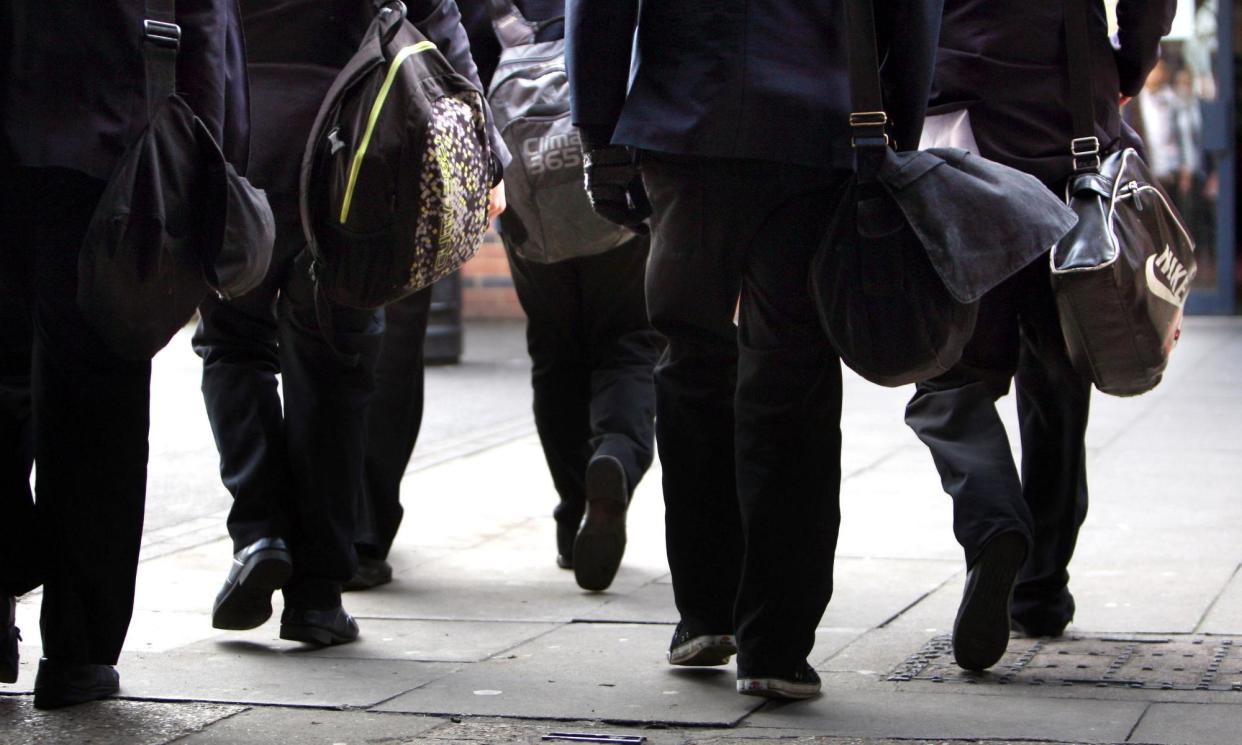School exclusions can impact children for life

School suspensions have risen by more than a third in the past year and children with special educational needs are almost three times more likely to be permanently excluded (Sharp increase in pupils suspended or excluded from schools in England, 18 July). Exclusions disproportionately impact children from black Caribbean and Gypsy, Roma and Traveller communities, and those living in poverty.
Having a mental health condition or a neurodevelopmental disorder also makes it far more likely that a child will be excluded. Such children are at greater risk of developing anxiety, depression and behavioural issues. The impact can last a lifetime and these children are more likely to end up offending and falling into the criminal justice system. With an already overcrowded prison system, it is more vital than ever to try to reduce these pressures.
Relying on exclusions may be a symptom of an education system that is struggling to meet children’s mental health and educational needs. And they end up making the problem far worse.
The new government has an opportunity to reset policy and to help schools stop excluding children. With its commitment to place a mental health specialist in every school and fund mental health hubs, Labour could begin work to bring down the rate of exclusions and make schools safer and happier places for all children.
Andy Bell
Centre for Mental Health, London
• Do you have a photograph you’d like to share with Guardian readers? If so, please click here to upload it. A selection will be published in our Readers’ best photographs galleries and in the print edition on Saturdays.


